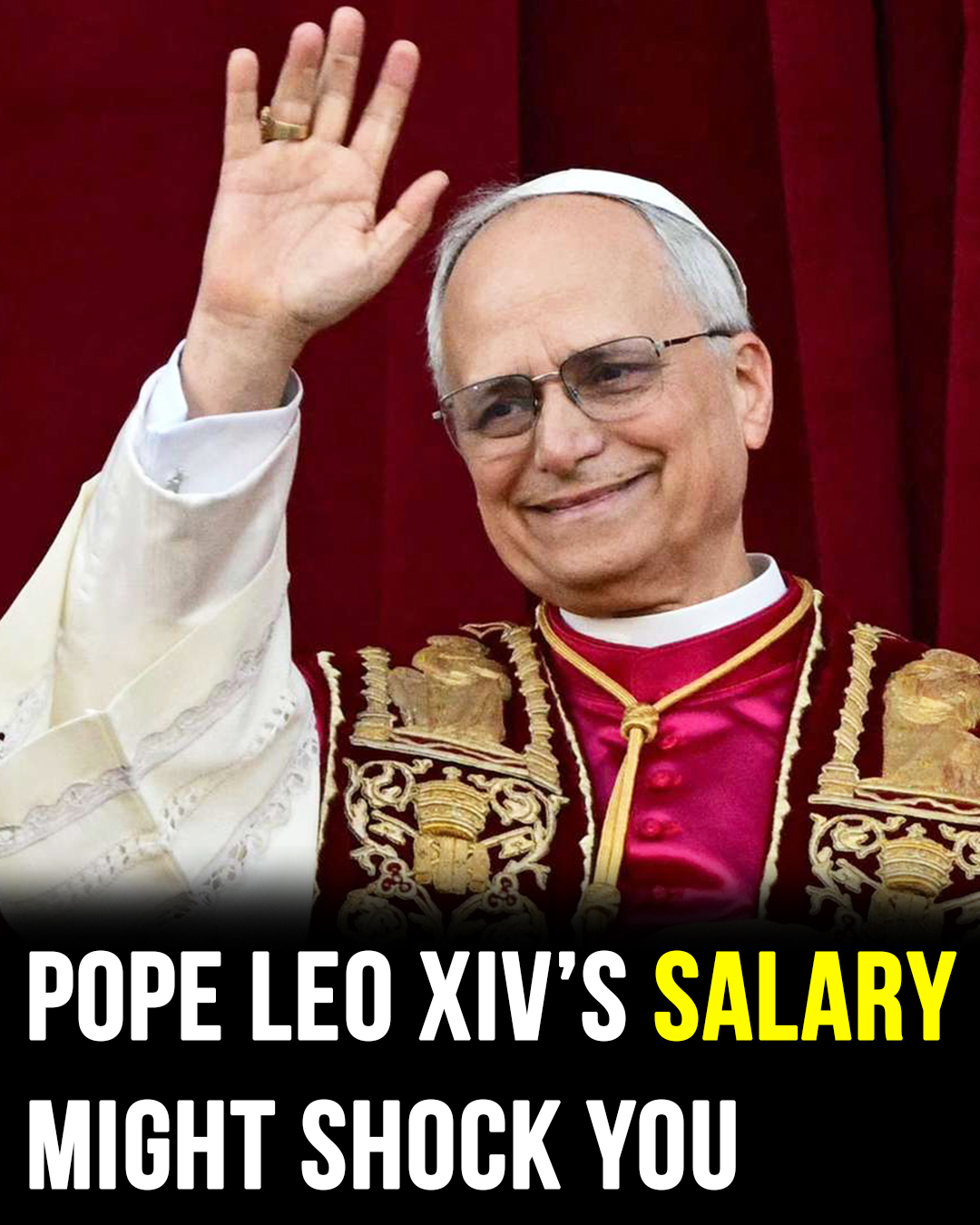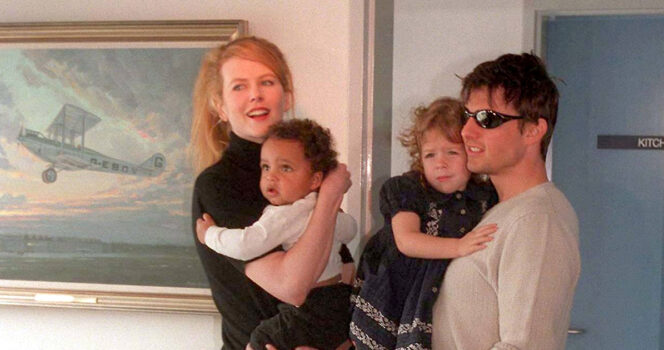When Robert Francis Prevost was announced as the first American to become pope, the news stirred global headlines, but it also sparked a wave of curiosity—especially among Americans—about how this monumental role might affect his lifestyle. One question stood out in particular: how much does the Pope actually earn? While the Pope is one of the most influential religious and political figures in the world, the answer may surprise many.

The Pope does not receive a traditional salary like a corporate executive or a head of state. Instead, the Vatican—the smallest independent nation in the world—fully supports him. This means that Pope Leo XIV, like his predecessors, does not collect a paycheck in the way most people would expect. Instead, every aspect of his life is provided for, from housing and meals to transportation, healthcare, and personal security. Though technically, it is estimated that the papacy could provide a modest monthly stipend of about €2,500, or roughly $2,650, this sum is more symbolic than substantial.
The lifestyle that comes with being pope isn’t defined by wealth or luxury but by duty and modesty. Like Pope Francis before him, Pope Leo XIV is expected to embrace a life grounded in simplicity and service. Pope Francis set a strong precedent for this mindset during his time as pontiff, beginning in 2013. Known for his humble approach to leadership, Francis rejected the lavish Apostolic Palace in favor of the simpler Domus Sanctae Marthae guesthouse and consistently demonstrated that his mission was about faith and compassion rather than status. One of the most memorable examples of this came in 2017 when he was gifted a nearly $950,000 Lamborghini Huracán. Instead of keeping it, he had the car auctioned off, and the proceeds were donated to charitable causes.
His actions mirrored the principles of Saint Francis of Assisi, a saint known for his dedication to poverty and humility, and the inspiration behind the pope’s name. Pope Leo XIV is widely expected to follow this example of restraint, choosing to live simply while dedicating his time and resources to the well-being of others. Even though he won’t receive a formal paycheck, the resources available to him through the Vatican are significant. While estimates of Pope Francis’s net worth reached up to $12 million, that figure doesn’t reflect personal earnings but rather access to papal assets and services funded by the Vatican.
These resources include transportation, real estate, and funds directed toward outreach and humanitarian efforts—not personal luxuries. For instance, Pope Francis once allocated $215,000 to aid prisoners in Rome, demonstrating the Church’s commitment to using its influence and wealth for good. The financial structure that supports the Vatican is both unique and multifaceted. It relies on a combination of donations from Catholics around the world, income from tourism, and the substantial revenue generated by the Vatican Museums. Although the Vatican does not publicly release detailed financial statements, the CIA’s World Factbook estimated its 2013 revenues to be approximately $315 million, with expenditures slightly exceeding that at $348 million. One of the most well-known sources of support is Peter’s Pence, an annual worldwide collection that brings in about $25 million per year. The largest contributions typically come from countries such as the United States, Germany, and Italy. Despite this support, the Vatican has faced financial challenges, including a reported $90 million deficit in 2023. In response to these difficulties, Pope Francis enacted cost-cutting measures in 2021, which included reducing salaries for high-ranking clergy to ensure sustainability and transparency. While the Pope does not live in poverty, his life is certainly not driven by wealth. Every need is met, and his position offers immense access to global resources, but those resources are intended for service, charity, and leadership—never personal indulgence. Pope Leo XIV, stepping into his role as the Church’s spiritual leader, is expected to continue this tradition of humility. As the first American to hold the papacy, his actions will be closely watched, but his financial life is likely to mirror that of his predecessors: one of sacrifice, stewardship, and a focus on uplifting others rather than acquiring wealth.





